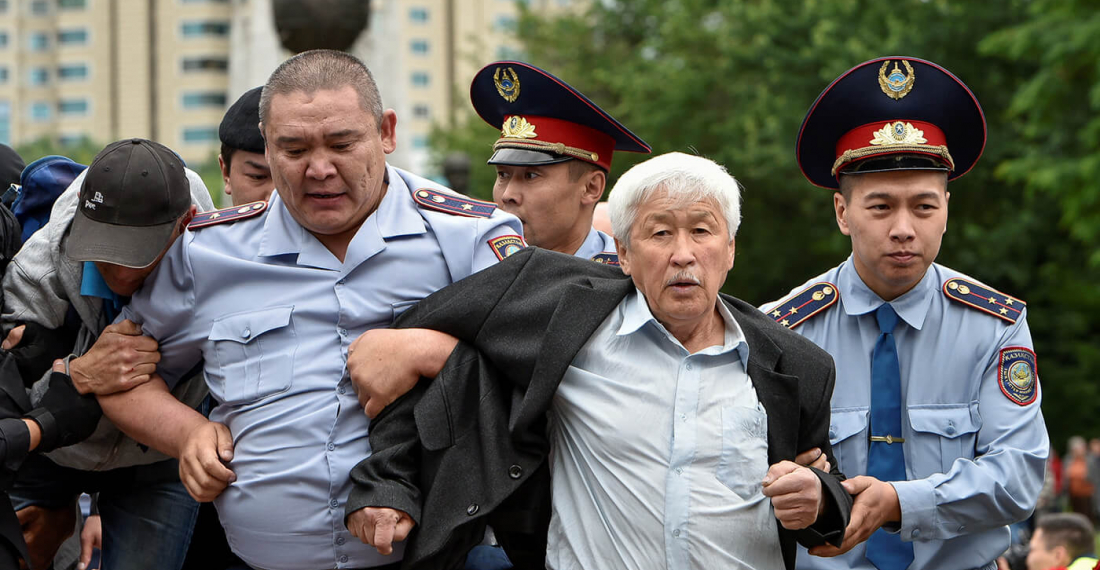The European Union has expressed concern for non-governmental human rights organisations in Kazakhstan, whilst stressing the importance of these organisations for the reform agenda being pursued by the country's leadership. It also warned of the harm such steps do to Kazakhstan's international reputation.
A statement by Spokesperson, Peter Stano, issued on Monday evening (1 February) said:
"Recently, several prominent human rights non-governmental organisations working in Kazakhstan have been subjected to increasing pressure and penalisation by the country’s authorities. At least three organisations have been suspended for at least three months as of 25 January, and at least three more organisations were heavily fined, on the basis of unclear legal grounds. The Kazakhstan International Bureau for Human Rights and Rule of Law has had both penalties upheld by the Almaty District Court.
"The European Union strongly believes that the work of these organisations provides crucial, direct support for the President’s and government’s reform agenda. Such actions from the Kazakh authorities not only hinder these reform efforts and limit the essential work of NGOs, but are also detrimental to the international reputation of Kazakhstan.
As a firm supporter of Kazakhstan's inclusive reform process, which aims at furthering the country’s modernisation, democracy and stability, the European Union calls on the Government of Kazakhstan to urgently address this issue.”






